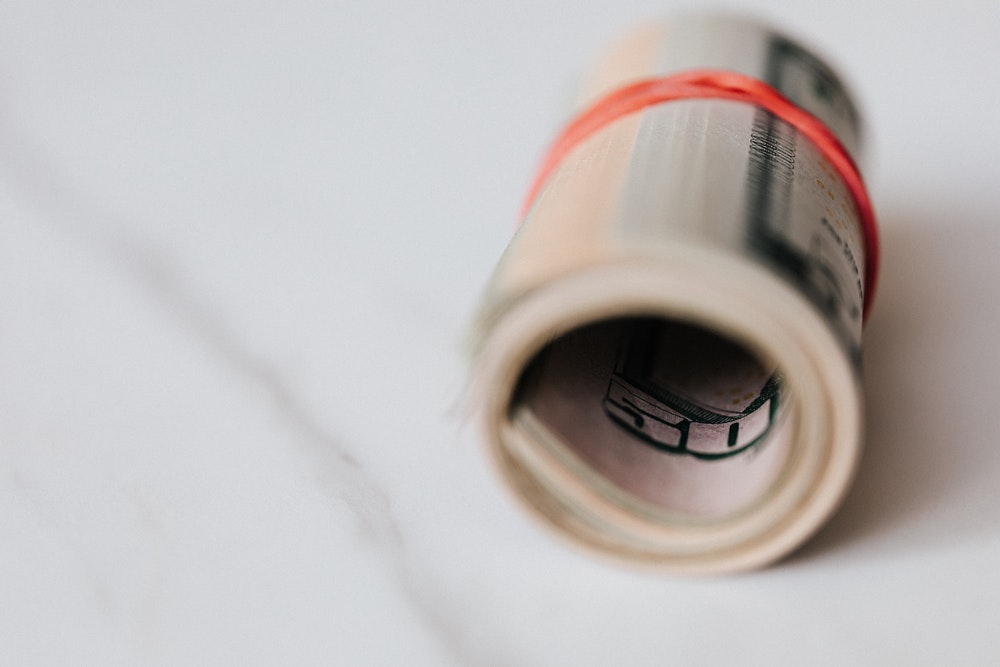Many people new in investing, and even seasoned investors, often overlook the area of investing, known as foreign exchange. In this article, I take you through what it is, and how foreign exchange works.
What is foreign exchange?
Foreign exchange involves the trade of one currency for another. The foreign exchange market is different from other types of financial markets since there is no exact location or central exchange for investors to transact business. Foreign exchange operates via a worldwide network of financial institutions, companies, and investors trading for various currencies.
The foreign exchange market is considered the biggest financial market in the world, operating non-stop with large amount of money exchanged daily. What is special with the foreign exchange market is that investors can instantly respond to the fluctuations affecting a certain currency due to political and social concerns.
There is no need for the exchanges to begin, as compared to, say, the stock market. The entry of news service providers, dealing centres, and charting services have led to the widespread penchant of traders to speculate, particularly for individual traders.
The foreign exchange (Forex) has been around for quite sometime now, as early as the time when banks started operations. What is new, however, is the accessibility of individual traders on the forex market, especially those with small to medium sized investments.
The foreign exchange market began as a way of facilitating trade using various currencies by countries, businesses, and individuals. Although these markets began to provide an avenue for the cross border movement of capital, the earliest foreign exchange markets even had its share of speculators.
In the past, retail investors had relied only through financial institutions which transacted large volumes of currencies in accessing the foreign exchange market. Over time, the trading volume in the foreign exchange market increased, particularly during the ‘70s when exchange rates begun floating freely in the market.
During the 90s, investors and clients of the market were given the advantage of getting live and streaming prices that allowed them to engage in online forex. Since the process was transparent and easy, speculations on currency trading began to grow and allowed retail traders to get access on a market driven by speculators.
Investors in forex can go trading foreign exchange on market, wherein the prices that are quoted are related to the prevailing rates in the foreign currency market. In a way, the investor is getting access at the currency market without having substantial capital like that of corporations, banks, and other financial institutions.
How does the forex market work?
The foreign exchange market began as a way of facilitating trade using various currencies by countries, businesses, and individuals. Although these markets began to provide an avenue for the cross border movement of capital, the earliest foreign exchange markets even had its share of speculators.
In the past, retail investors had relied only through financial institutions which transacted large volumes of currencies in accessing the market. Over time, the trading volume in the foreign exchange market increased, particularly during the ‘70s when exchange rates begun floating freely in the market.
During the 90s, investors and clients of the foreign exchange market were given the advantage of getting live and streaming prices that allowed them to engage in online forex. Since the process was transparent and easy, speculations on currency trading began to grow and allowed retail traders to get access on a market driven by speculators.
Investors in the foreign exchange market can go trading foreign exchange on market, wherein the prices that are quoted are related to the prevailing rates in the foreign currency market. In a way, the investor is getting access at the currency market without having substantial capital like that of corporations, banks, and other financial institutions.
Clients are given two prices that can either be an offer or a bid. Called the spread, this is dependent on the volume, instability and the type of currency that is being quoted. Usually, quotes on a particular currency last for a very short time.
Investors can also engage in margin forex wherein cash deposit is needed to serve as collateral and protect any losses that may arise from the trading activities of the client.
However, the investor or client has to study the levels of risk involved in forex. Success sometimes entails efficient management of positions and having the right exposure in the FX market. Since trading of currency involves substantial use of leverage, the risks and potential losses involved can be substantial for any type of investor, experienced or not.






